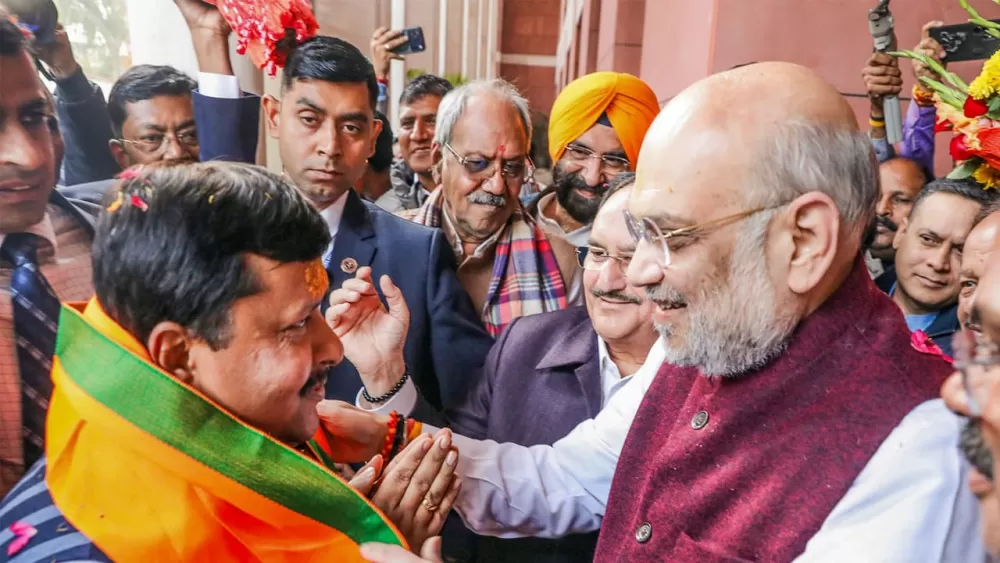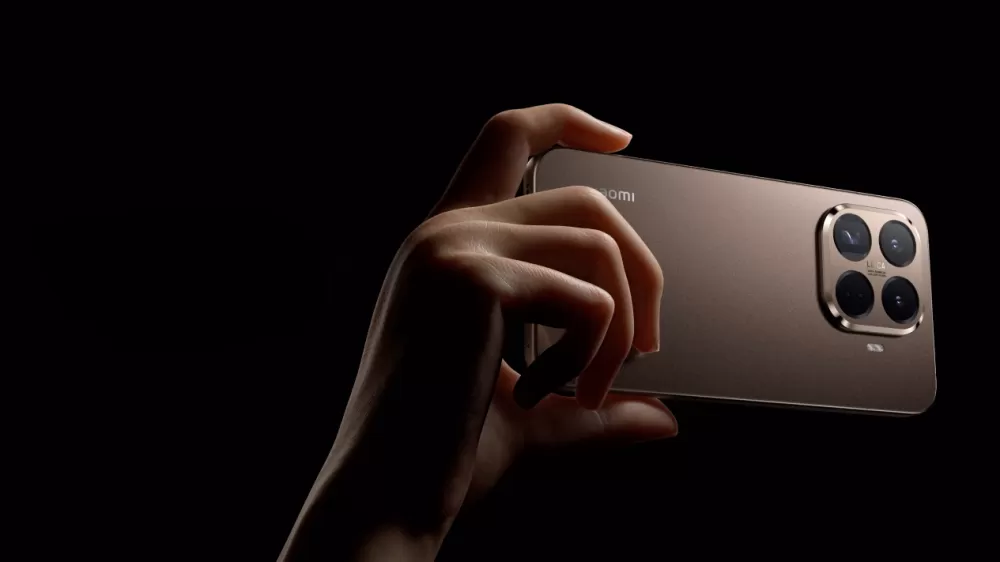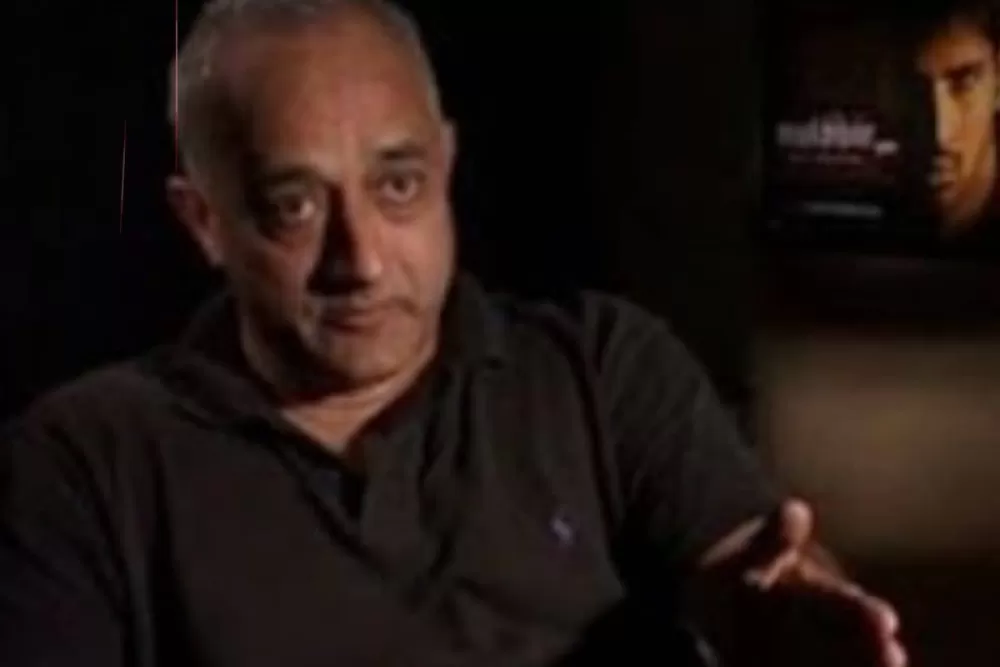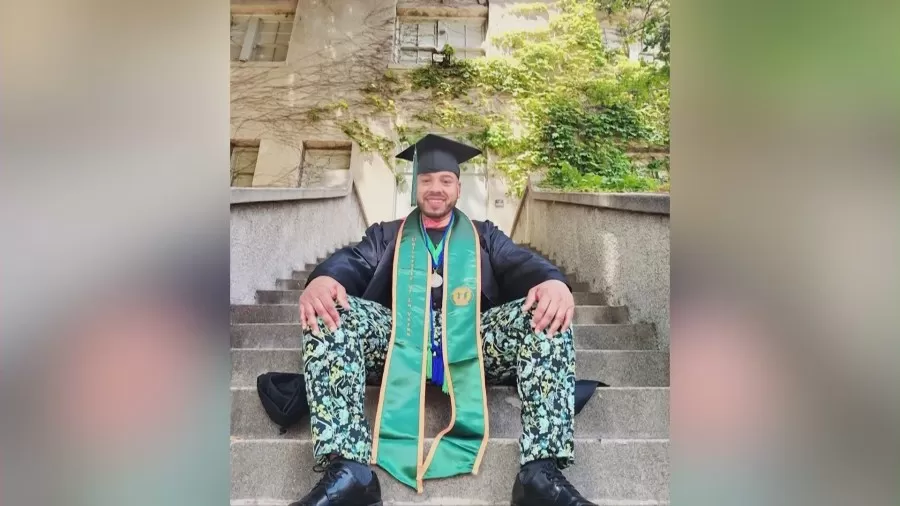Winter's Shadow: Allies Convene for Ukraine's Enduring Fight
- Nishadil
- October 25, 2025
- 0 Comments
- 3 minutes read
- 53 Views
- Save
- Follow Topic

Global Allies Reaffirm, Bolster Ukraine's Defenses Ahead of Winter
Global leaders recently gathered in Brussels for another pivotal defense summit, focusing intensely on bolstering Ukraine's air defense and preparing for winter's challenges. It’s a clear sign, one might say, of the enduring, grinding reality of this conflict and the unwavering international commitment required.
Another round of vital conversations, another pivotal gathering in Brussels. You could say it's become a regular, almost ritualistic, occurrence as the world watches Ukraine's grueling struggle. This time, as the days shorten and the chill of winter creeps in, global defense leaders converged yet again, their focus sharp and their resolve seemingly unwavering: bolstering Kyiv's defenses for the challenging months ahead.
The mood, one might surmise, was a potent mix of determined resolve and the heavy weight of ongoing conflict. Hosted by U.S. Defense Secretary Lloyd Austin, the Ukraine Defense Contact Group met to tackle, head-on, the most pressing needs of a nation under siege. Air defense, for one, was top of mind – and rightly so, considering Russia's continued, brutal targeting of Ukrainian infrastructure. Artillery, too, and critically, munitions, those indispensable necessities of modern warfare, dominated the agenda.
And yet, beyond the immediate, there was a palpable sense of looking ahead, toward the long haul. Austin himself, in truth, hammered home the point that American support, along with that of its allies, remains "unwavering." He emphasized a commitment that isn't just for today or tomorrow, but for "the long haul" – words that surely resonate deeply in Kyiv. It's a testament, perhaps, to the sheer scale of the conflict and the profound understanding that this isn't a sprint, but a marathon of endurance.
Germany, for its part, stepped up with a significant declaration: a new €1 billion (that's about $1.06 billion) defense package. Quite the commitment, wouldn't you say? It's earmarked for crucial systems like the formidable Patriot air defense system, the cutting-edge IRIS-T, and Gepard anti-aircraft guns. Plus, of course, more artillery and munitions – because, honestly, you can never have enough when you're facing such a relentless adversary. German Defense Minister Boris Pistorius articulated it clearly, stating this wasn't merely aid, but a clear signal of "steadfastness."
Ukrainian Defense Minister Rustem Umerov, there in person, conveyed the urgent realities from the front lines. His message was stark, focusing on the immediate, desperate need for more air defense capabilities, and also, crucially, electronic warfare systems. He didn't mince words, pointing to the renewed threat of Russian strikes against Ukraine's energy infrastructure, a cruel tactic aimed at breaking civilian morale as temperatures drop. The winter, after all, brings its own set of brutal challenges beyond the battlefield.
NATO Secretary General Jens Stoltenberg, joining the chorus of support, reinforced the vital importance of 'winterization' efforts. It's not just about weapons; it's about keeping a nation functioning, its people warm, and its military operational amidst freezing conditions. These meetings, often following closely on the heels of other high-level discussions at NATO and the EU, paint a vivid picture: a unified front, albeit one constantly adapting to a brutal, evolving conflict. The road ahead remains arduous, no doubt, but the message from Brussels was clear – Ukraine will not, for once, face it alone.
Disclaimer: This article was generated in part using artificial intelligence and may contain errors or omissions. The content is provided for informational purposes only and does not constitute professional advice. We makes no representations or warranties regarding its accuracy, completeness, or reliability. Readers are advised to verify the information independently before relying on
















